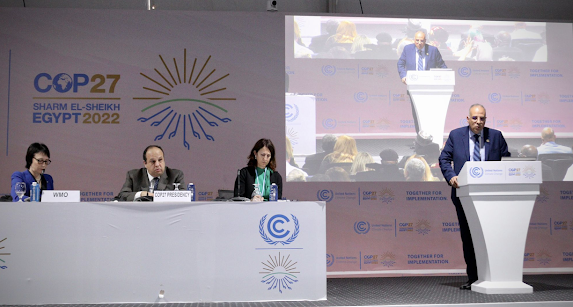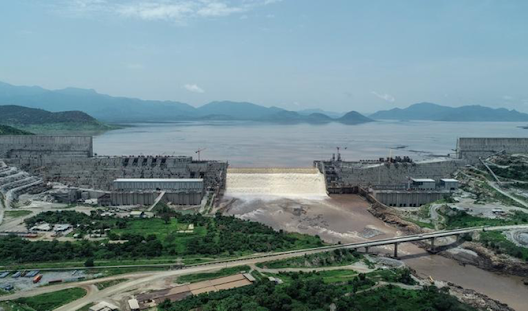Blog 4: Unstable Futures: The Curse of the River Nile
Blog 4: Unstable Futures: The Curse of the River Nile
Political History of the Nile:
The River Nile played a critical and strategic role in Egypt. It encouraged the blossoming of civilisations during the Pharaonic period, allowing the country to command great political power as ‘the part of Africa that receives its source of life (Tayia et al, 2021: 299).’
President Nasser of Egypt overseeing the construction of the High Aswan Dam.
Future Politics and Implications:
One significant (future) implication of ongoing political tensions regarding the River Nile would be the reduction of Egypt’s influence and authority. Increasingly, many riparian states have expressed their desire to get a share of what they believe is rightfully theirs: the River Nile. The building of the Grand Ethiopian Renaissance Dam is critical here as the source of the Nile is found in Ethiopia. The project is expected to produce ‘6,000 megawatts of electricity’ in a country where this is a luxury, and lift millions out of poverty. This dam for Ethiopians is more than just a development project, it is a gateway for future prosperity. But, this comes with a cost…
The Egyptian government is especially concerned with the GERD because it would increase the usage of Nile waters for irrigation, reducing water flow to Egypt, a country whose entire foundation is based upon this specific river (Swain, 2011: 695). USC research shows that the water deficit caused by the GERD could potentially reduce Egypt’s arable land by 72%, affecting the livelihoods of many and worsening food insecurity. We can understand just how much the country relies on the Nile and why they are many political tensions regarding the changing of water flow. Indeed, the President of Egypt, Abdel Fattah el-Sisi, ‘once said that the Nile is “a matter of life or death”.’
The Grand Ethiopian Renaissance Dam.
Future instabilities:
The political dynamics are likely to exceed tensions solely regarding the GERD. It is expected that in about 20 years, due to climate change, nearly 50% of those in the Nile Basin will become water insecure - that is 110 million people. As the region becomes more dry and arid, according to the hydraulic society thesis (Garrick, 2016: 151), we can expect more totalitarian-Esque politics to emerge. Moreover, with China becoming a significant player in Africa by funding infrastructural developments (Swain, 2011: 691), many more governments will become intertwined and empowered. Indeed, it is very much appearing that ‘Cairo’s historic claim to the river is no longer guaranteed.’
Conclusion:
From current-day political events, historical injustices and the impending doom of climate change, it seems the geopolitical composition of the River Nile is going to take a new turn in the next few decades.
The future seems uncertain, unstable, and harsh, which leaves me with just one question: who will be the next superpower of the Nile basin?



Comments
Post a Comment